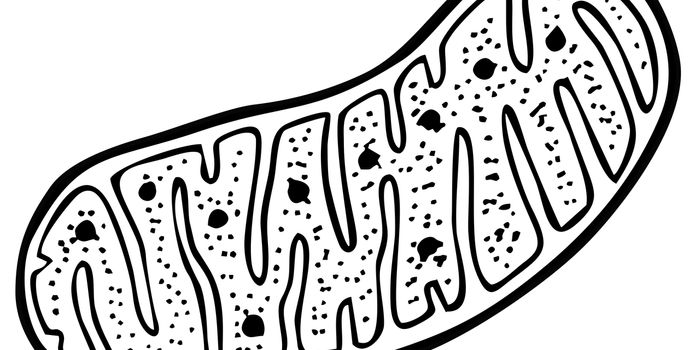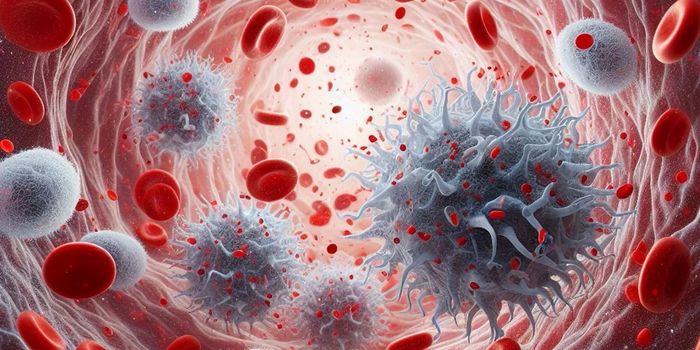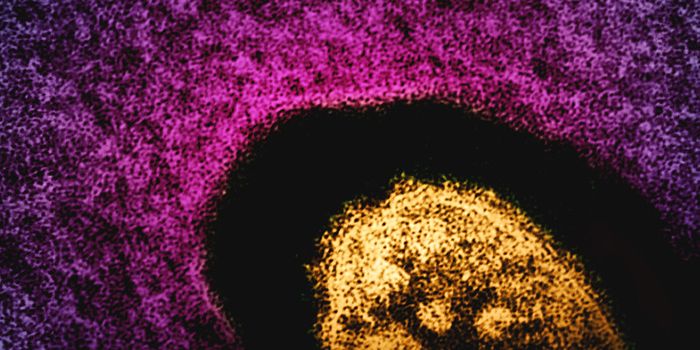Injectable Drug Stops HIV From Entering Cells
Once in the body, HIV tracks down T cells that bear the CD4 receptor. It attaches to these immune cells, fusing itself with the T cell’s membrane before injecting its genetic material into the cell’s core. Next, the viral RNA is converted to a DNA format before the host cell’s machinery is hijacked to produce multiple new copies of the virus.
A collaborative effort led by University of Utah Health researchers has resulted in a new experimental treatment to block the first step in HIV infection: its entry into T cells. This new drug promises significant advantages over existing “cocktail” treatments including longer-lasting effects and fewer adverse side effects. The study was published in Proceedings of the National Academy of Sciences (PNAS).
Michael S. Kay, senior author and professor of biochemistry said, "This is an exciting new HIV therapeutic option for both prevention and treatment, with a unique mechanism of action compared to other approved drugs."
HIV, the virus that causes AIDS, is among the biggest, toughest challenges in global health with approximately 38 million people worldwide with HIV/AIDS in 2019. The current standard of care involves combination antiretroviral therapy, or cART, a cocktail of drugs that improves the quality of life for the patients that take it. The downsides of this form of treatment, however, are that it’s expensive, needs to be taken daily, has serious side effects, and frequent HIV mutations mean the possibility of drug resistance.
The newly-developed drug, called CPT31 was inspired by a natural peptide that fuses to a pocket in HIV’s fusion machinery — a region not prone to mutation. CPT31 is a D-peptide, a type of protein that, due to its molecular conformation, makes it optimal for use in long-acting injectable drug formulations. This would make taking a daily regimen of pills a thing of the past for HIV patients.
"In addition to their durability in the body, D-peptides are largely ignored by the immune system, preventing immune reactions that are a side effect often seen with traditional peptide and protein drugs," said Brett Welch, a co-author on the study.
The scientists see the potential for CPT31 being not only a therapeutic for HIV but also as a prophylactic, or preventative, therapy.
"We think this drug could be used by itself to prevent HIV infection because initial HIV exposure typically involves a relatively small amount of virus," said Kay.
Sources: PNAS, Medical Xpress.









